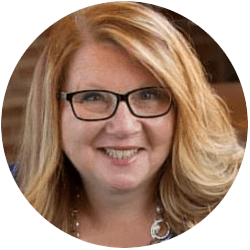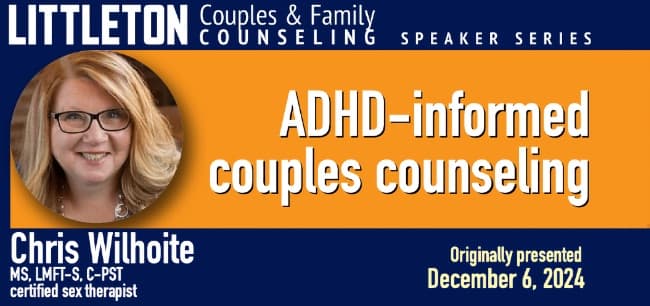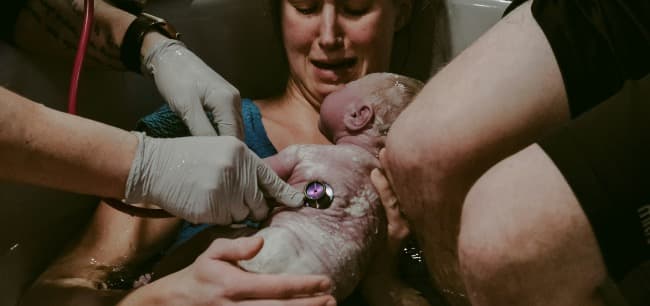My marshmallow moment
This blog is dedicated to a brave and courageous young woman.
Ruth Bader Ginsburg was once asked, “When will there be enough women on the Supreme Court?” Her reply was, “When there are nine.” A couple of months back I had the opportunity to listen to Anita Hill speak. Love her or hate her it makes no difference to me. I left her talk thinking… and thinking… and thinking some more. Would it be enough to have more women in place of influence? I think the answer is far more complex than having women in a place of influence. Anita spoke about how she had been apologized to by others for not winning in the hearings. Her reply has stuck with me like a balm and an ensign. She said, “My job was not to win. My job was to tell the truth, and that is what I did.” I pondered that for a long time and I am still pondering that.
My job was to tell the truth! She went on to say, “you can’t win or loose a battle that isn’t over.” Another nugget of truth. Yet, we get stuck and see set backs as a culmination and an outcome.
What if it were just a set back? What if we could learn from it?
Carol Dweck, the researcher and author of the book Mindset encourages us to see setbacks and undesirable outcomes as growth and learning opportunities. Not pass or fail, but opportunities for growth—or data points as I like to call them.
I found myself in a position recently where I had feelings around how I had responded to someone in my life. I wont go into the details, suffice it to say that it was a relationship that was important to me. There were copious amounts of stress that I was experiencing from multiple areas of my life that had nothing to do with this friendship. However, those things were impacting me and clouding my interpretation of how I was received in my friendship. By the way, none of these feelings were accurate! So what to do? I called my husband told him my worries and what I thought was influencing me and his advice was the same sage advice that I often give clients. If you cant speak it, it is influencing you. He said, “Call your friend and tell them what is on your heart.” So, I held my breath, pushed the call button on my phone. Now I had to put all the advice I give others into practice.
We had a lovely and supportive conversation and had dinner that later that evening as couples. There is a point to telling you this, I promise. So bear with me. Each year people make New Year’s resolutions and in Spring we talk about new growth and opportunities that are coming to pass. The new life that we are witnessing as trees leaf out and flowers bloom. No one talks about what happens in the ground silently, sometimes in the brutal cold, underneath the freezing snow or pouring rain. But things are happening. Sometimes in relationships it is the hard conversations that seem like the brutal cold or the pouring rain. But there is magic that can and does happen, year after year.
Winter comes and brings with it the brutal cold and we wish away the cold. Then when Spring comes, we say good riddance to the cold and wish for the warmth of Summer full of optimism for what is to come. Over 50 years ago, Stanford University conducted a study on delayed gratification and the long-term impact of delaying gratification. It has been dubbed the Marshmallow Experiment. The initial findings of the experiment found that delayed gratification did have an impact: better health, educational attainment, and socio-economic status. Now more than 50 years later they have found that there were multiple other factors that need to be considered.
Yet, I believe there was something to be learned from the Marshmallow Experiment. I promise I will tie this back to Anita Hills counsel and hard conversations.
As I began to ponder all the things that were happening in my life and my patience as I pondered and waited for what would be the most advantageous road to take. Funny enough, if I waited to make choices instead of pushing what I think I needed or wanted, the gains would be far greater for me. The first step in making a difference is slowing down and walking down the road of vulnerability. There is vulnerability in the pause and in speaking and sharing what is on your mind. If it is on your mind, it is influencing you and your relationships.
In the end, my conversation with my friend went very well. It is important though to note that I paused my worries, and delayed making any interpretations and choices before having the conversation. Had I made a choice based on what I was feeling and the story that I was telling myself, I would have eaten the one marshmallow and missed out on the Kahlúa cake and this important conversation I had with my friend’s incredible 19-year-old daughter. As we ate Kahlúa cake, my friend’s daughter joined us. The conversation turned to social media and its influence and impact. I began to notice that she held an important skill that is talked about often in the work of John and Julie Gottman—the well known and gold standard of research in couples therapy: the ability to accept influence and ask information-seeking questions. What impressed me the most was her ability to accept influence and then to think through and apply the acceptance of influence. In the moment, she made me sit back and take notice. This experience of this well-raised young woman made me evaluate my own ability to accept influence.
It made me wonder, what is my growth edge around accepting influence? How could I be more like my friend’s daughter? What would happen in my life if I listened more, spoke less, and asked better questions? How would that impact my professional life or my personal life? Who or what would I attract into my life? Who would I connect with and how would it influence my life goals? What opportunities would open up to me?
The ability to accept influence brings me full circle to the marshmallow experiment. Delayed gratification in speaking, spending more time listening, and accepting influence made me wonder what was possible. It made me evaluate in that moment as I watched this young woman do the dance of listening, asking questions, and accepting influence, and question my own ability to accept influence. Her example made me think about my own growth edge around accepting influence—how could I be more like my friend’s daughter? It made me wonder what would happen if I got out of my own way and set aside my responses, defense, rebuttals, and instead engaged curiosity. What could I learn, how could my knowledge be doubled? What would the results look like in my life and relationships be if my ability to accept influence increased? What would I be able to see, hear, find, or attract? Would I get more of what I want or would things be even better than I could imagine?
This leads me to wonder what influence our mindset has when we set aside our own agenda when we are with another person, essentially setting aside our own pride and ego what could we learn, receive, and give back making our world a better place. What road flares, insights, or miracles would guide us and unfold? What would we see that we would normally miss by being so focused on the point we were attempting to make, and instead delayed our own agendas and accept influence from others? I might have missed witnessing this lovely young woman do the dance of having an opinion and—and the key word here is and—being able to listen, ask curious questions, and accept influence? Is this what Anita Hill was talking about? Was this knowing what the job was and keeping in line with that? Was this about connection or winning?
I think this is what Brené Brown includes in the concept of vulnerability. What could be different in your life if you could be more vulnerable, set aside agendas, and accept influence? This brings me full circle to what Anita Hill and Ruth Bader Ginsberg had to say. My job is not to win—my job is to tell the truth. When we set aside winning and be in truth, the complexities of truth become more clear and evident. When will there be enough women on the Supreme Court? I am not sure.
What I am sure of is that we must as a people be kinder, supportive, and uplifting to all those who are in our presence. This starts by setting aside winning, reminding ourselves of the real goals in life which are connecting with those we love, as well as, those who might be different than ourselves, and accepting their influence. This is when there will be enough and when we will all win.
Thank you to my friend’s daughter for so eloquently modeling accepting influence and reminding me of why I do the work I do. My friend, you are a credit to your family and to the world.
My final question for those who have read the entirety of this blog, “Where would you win if you accepted influence?”






